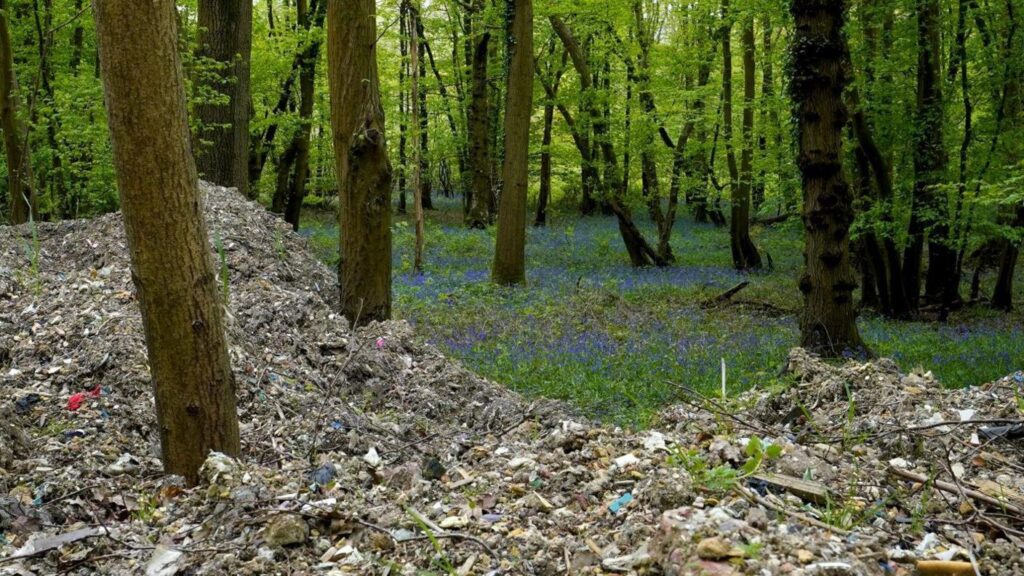The Yorkshire-based company submitted a preliminary planning request for a £5 million anaerobic digestion (AD) plant at its Ings Road headquarters in Doncaster earlier this month, and now plans to build similar facilities at its 18 other existing sites across the UK.
Explaining its decision to develop the technology, Prosper De Mulder (PDM) pointed to increasing governing interest in anaerobic digestion technology – which sees organic waste broken down in the absence of oxygen to produce digestate and gas, which is used to create energy.
The company's commercial director, Philip Simpson, told letsrecycle.com: “Government support has made the development more attractive, particularly the enhanced Renewable Obligation Certificate (ROC) credits.”
Support
Last year, waste and recycling minister Joan Ruddock described AD as the “best process” for dealing with food waste (see letsrecycle.com story), and as part of its support for the technology, the Government has proposed doubling the current ROC subsidies available to energy company's that produce energy via AD (see letsrecycle.com story).
As a result, food waste processing firms such as Bioganix have already revealed plans to develop AD facilities (see letsrecycle.com story).
Mr Simpson explained that PDM hoped that the plants would slot in with the company's other operations, which see it collect unsold or unusable food products, such as animal by-products, and process them to produce either biofuels or renewable energy.
“The AD plants will complement the existing (and new) energy/rendering plants,” he said. “The combination of existing energy and rendering plants along with the new AD plants will enable PDM to provide recycling services for all types of food and biodegradable waste streams.”
While he was unable to reveal the total number of AD plants the company plans to open, Mr Simpson indicated that, as well as PDM's 19 UK sites, “additional sites are also under review”.
“PDM will be replicating their existing national coverage for rendering with the new AD network,” he added.
Doncaster
With the capacity to process 50,000 tonnes of food waste a year, the Doncaster plant would be able to generate two megawatts of electricity, which would initially be used to power the plant, with the remainder sold to the National Grid.
Mr Simpson explained that the new location would “use a combination of materials; product arising on site, from existing collection rounds and from new accounts”.
PDM aims to have the new plant operational next year, using a system being developed in partnership with “one of Europe's largest AD plant operators”.
“The identity will be revealed shortly,” Mr Simpson stated. “The partner will supply technology and initial training; the plant will be owned and operated by PDM.”







Subscribe for free